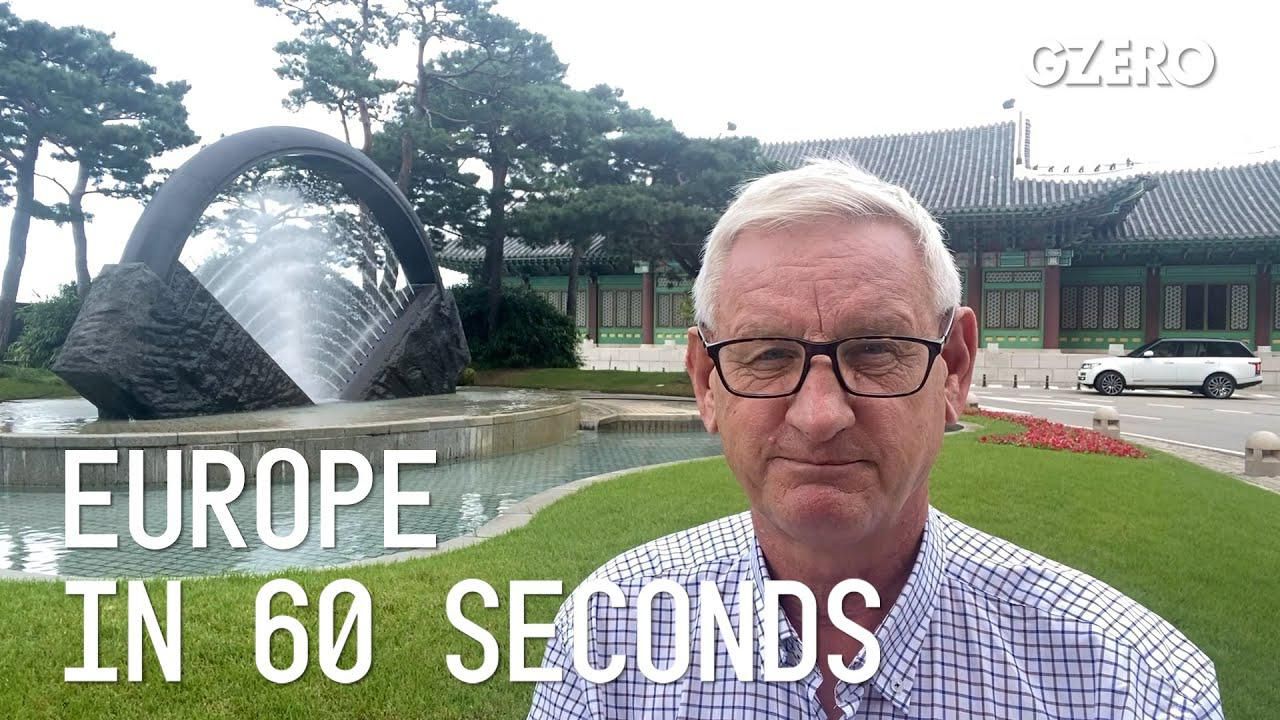GZERO Europe
Europe's new Asia strategy looks to strengthen trade and political ties

Europe’s New Asia Strategy Looks to Strengthen Trade & Political Ties | Europe In :60 | GZERO Media

Carl Bildt, former Prime Minister and Foreign Minister of Sweden, shares his perspective from Europe:
Is Europe waking up to the reality of Asia?
I think that's the case. If you listen to the State of the Union speech by Ursula von der Leyen and the commission president yesterday, the new Indo-Pacific strategy of the European Union was a key part of her proposals. To develop new trade links, to intensify political cooperation, to look more at green and digital projects, to look at infrastructure projects together. And Korea is a good example of what can be achieved. We have a 10-year free trade agreement that has doubled trade between the European Union and Korea. And today, European Union is the single largest foreign direct investor in Korea. Much has been done. But if you listen to the voices in Brussels, yes, Asia is a key part of our future and policy steps are being taken.
Is China’s economic model reaching a breaking point? In GZERO’s 2026 Top Risks livestream, Cliff Kupchan, Chairman of Global Macro at Eurasia Group, highlights mounting pressures on the Chinese economy.
2026 is a tipping point year. The biggest source of global instability won’t be China, Russia, Iran, or the ~60 conflicts burning across the planet – the most since World War II. It will be the United States.
While surgeons remain fully in control, technological advances are expanding the use of surgical robots in operating rooms. As adoption accelerates, so do the expectations for patient outcomes and surgical care. Track medical innovation trends with Bank of America Institute.
Europe enters 2026 under mounting strain as it confronts external threats, internal political pressures, and a weakening relationship with the United States. In GZERO’s 2026 Top Risks livestream, Mujtaba Rahman, Managing Director for Europe at Eurasia Group, describes a continent that is “exhausted, fatigued, weak, and vulnerable.”